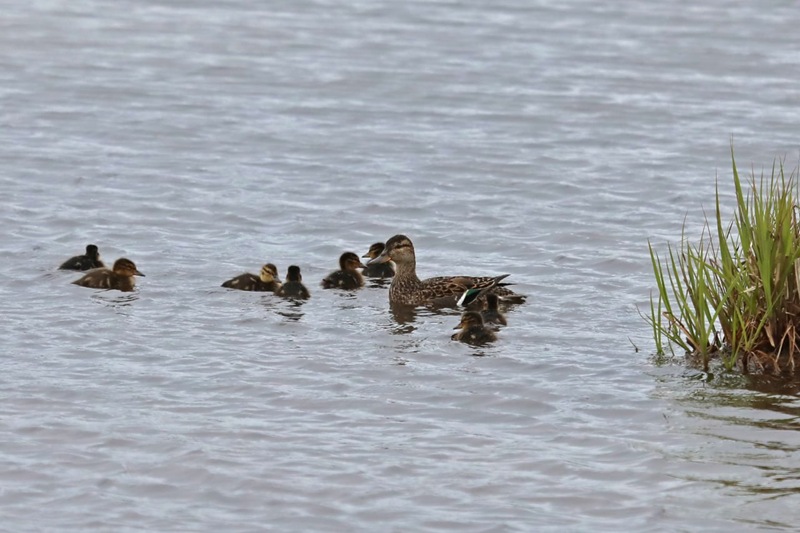A period of replenishment in bird families has begun in the Kronotsky Nature Reserve in Kamchatka. Staff are monitoring the broods of ducks and sandpipers, keeping the maximum distance so as not to scare off the birds at this crucial moment. Newly hatched chicks are already actively exploring the world, relentlessly following their mothers across water and land.

Special attention is focused on the Uzon volcano caldera, a unique wetland that is home to many species of birds. This year, field research has allowed us to record the appearance of offspring in the whistling teal and the small sandpiper fifi. “At the end of June, when we were walking around the territory, we noticed a clutch of whistling teal, where there were 8 eggs. A few days ago, a female brought 8 downy ducklings to the stream. Incubation was successful! Fifi’s chicks have also begun their journey into a big life,” State Inspector Vladimir Vlasenko shared his observations.
Both ducklings and chicks of sandpipers show amazing independence from the first days of life. They are brood birds, which means they are almost instantly ready to follow their parents and forage for food on their own. Their diet consists of aquatic vegetation, insects, larvae, mollusks and worms. At the slightest threat, females demonstrate miracles of dedication, distracting predators from their lurking offspring.
Experts emphasize that it is during this period that human curiosity can become a deadly threat to toddlers. “In case of danger, the chicks often hide, and the female, imitating damage to the wing, tries to lead the enemy away from the place where they hid. It is important to remember that when meeting broods of ducks or other chicks, you do not need to “save” them, explains Dmitry Pilipenko, Deputy Director of Science at the Kronotsky Nature Reserve. He added that parents are always close by and will return to their children as soon as the danger is over.
Excessive attention from people, attempts to get closer to take pictures of chicks for social networks, or, even more so, the desire to pick them up, unmask defenseless babies. After such contact, they can become easy prey for predators. This rule is relevant not only for protected areas, but also for urban parks and reservoirs. If you see a duck leading its offspring across the road, the best way to help is to stop and give way to the bird family.